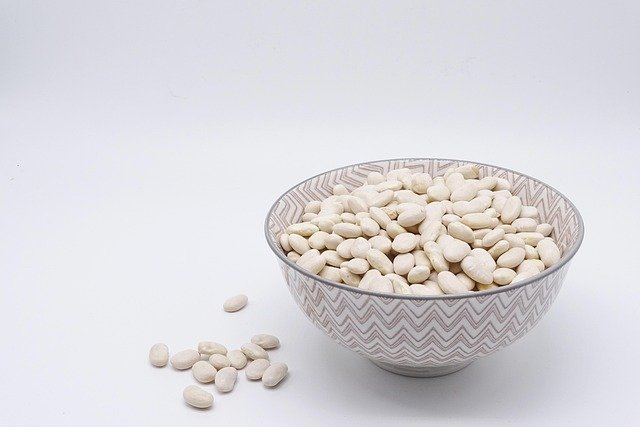Mastering the Mediterranean Diet: A Gateway to Optimal Health
The Mediterranean diet has been upheld as a gold standard for healthy eating for decades. Known for its balance of nutrient-dense foods and the incorporation of lifestyle elements such as physical activity, this diet is much more than just a list of "dos" and "don'ts". It represents a holistic approach to health and well-being, deeply rooted in the culinary traditions of the Mediterranean region.

The Origins of the Mediterranean Diet
The Mediterranean diet is named after the dietary practices of the people living in the Mediterranean basin, specifically in countries like Italy, Greece, and Spain. These practices were brought to the spotlight in the 1960s when researchers noticed a lower incidence of chronic diseases and higher life expectancy in these regions compared to other parts of the world.
The diet is characterized by a high intake of fruits, vegetables, legumes, nuts, seeds, and whole grains, complemented by moderate consumption of fish, dairy, and poultry, and limited intake of red meat. Olive oil, rich in monounsaturated fats, replaces butter and other unhealthy fats. The diet also condones moderate consumption of red wine, typically consumed with meals.
The Science Behind the Mediterranean Diet
Numerous studies have since validated the health benefits of the Mediterranean diet. The Lyon Diet Heart Study, a landmark study conducted in the 1990s, found that adopting a Mediterranean-style diet could reduce the risk of a second heart attack by 70% in patients who had already suffered one.
The Mediterranean diet is rich in dietary fiber, antioxidants, and unsaturated fats, all of which play significant roles in promoting heart health. In particular, the monounsaturated fats from olive oil and the omega-3 fatty acids from fish are known to lower levels of harmful LDL cholesterol and increase beneficial HDL cholesterol.
Current Relevance and Adoption
In 2010, UNESCO recognized the Mediterranean diet as an Intangible Cultural Heritage, acknowledging its profound impact on health and culture. The diet’s popularity has continued to grow, with many adopting it not just for its health benefits but also for its sustainability.
In fact, a 2018 report by the Food and Agriculture Organization stated that the Mediterranean diet could be a key tool in achieving the United Nations Sustainable Development Goals, as it promotes biodiversity, protects ecosystems, and combats climate change.
However, ironically, the regions where it originated have seen a decline in its adoption. Globalization, urbanization, and the influence of the Western diet have led to a gradual abandonment of traditional eating patterns in Mediterranean countries, leading to a rise in obesity and chronic diseases.
The Mediterranean Diet in Disease Management
The Mediterranean diet is not just a preventive measure, but also a therapeutic tool. It’s been used in the management of various diseases, including heart disease, type 2 diabetes, and certain types of cancer.
Studies have shown that it can lower blood pressure, improve blood sugar control, and promote weight loss. It’s also been linked to better mental health, with research suggesting that it could potentially help manage depression and anxiety.
Incorporating the Mediterranean Diet into Everyday Life
Adopting the Mediterranean diet is not about strict rules or deprivation. It’s about making wholesome, flavorful food choices that nourish the body and soul. It encourages mindful eating, savoring meals with family and friends, and staying physically active.
Start by increasing your intake of fruits, vegetables, and whole grains. Use olive oil for cooking and dressings. Include fish in your meals at least twice a week, and limit your consumption of red meat. Enjoy dairy in moderation, and reach for nuts or seeds for a healthy snack.
Remember, it’s not just about the food. Incorporate physical activity into your daily routine and take time to enjoy your meals without rushing. After all, the Mediterranean diet is as much about the lifestyle as it is about the food.
In conclusion, the Mediterranean diet’s historical roots, scientific backing, and current relevance make it a compelling choice for anyone seeking a sustainable, health-promoting eating pattern. Its potential in disease management further underscores its value. So why not give it a try? Your body and planet will thank you.




